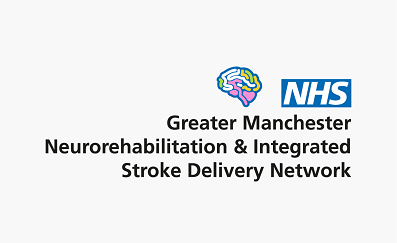Looking forward to watching the GMNISDN Stroke Annual Conference
Events
The Greater Manchester Neurorehabilitation and Integrated Stroke Delivery Network (GMNISDN) are hosting a face-to-face and virtual training event for their annual stroke conference on June 22nd.
The event is taking place at the AJ Bell Stadium, although places were very limited so bookings to attend in person have now ended. However, the conference will also be livestreamed on their YouTube channel – no registration required!
View the programme for the annual stroke conference here.
We are looking forward to tuning in to this fantastic day featuring expert speakers and abstract poster presentations.
The keynote speaker is Dr Louise Johnson, Honorary Research Fellow Consultant Therapist, University of Southampton, who will be speaking about meeting the intensity challenge in stroke rehabilitation: now and in the future.
Dr Johnson is an NHS Consultant Physiotherapist in Stroke at University Hospitals Dorset NHS Foundation Trust, who recently successfully fundraised to purchase a Hocoma Lokomat robotic gait trainer for the Acute Stroke Unit.
Dr Johnson said in a recent interview: “For patients who are unable to walk after a stroke or patients whose legs have been affected by the stroke, [the Lokomat] will give them the opportunity to practice really high repetitions within their rehabilitation. So at the moment, we would support patients to relearn how to sit and stand and step if they’re able to. But we can only do that at quite low intensity, and the use of robotics enables us to do that at much higher intensity, which we know has an impact on people’s recovery and ultimately their outcomes.”
Read more about the Lokomat at the Royal Bournemouth Hospital Acute Stroke Unit here.
You can also hear from Sylvia Moss, Senior Physiotherapist at the Brain and Spinal Injury Centre (BASIC), who will be speaking about virtual reality and interactive rehabilitation.
BASIC offer a range of cutting-edge rehabilitation services, including the Motek Computer Assisted Rehabilitation Environment (CAREN), using virtual reality to practice real-life situations in a safe and controlled environment. This leads to improved physical stamina and confidence, dual-tasking abilities, and better cognitive skills.
In the video below, BASIC introduce the CAREN system and how they use it as part of their brain and spinal injury rehabilitation.
For more information about the GMNISDN Stroke Annual Conference, please visit their website.

